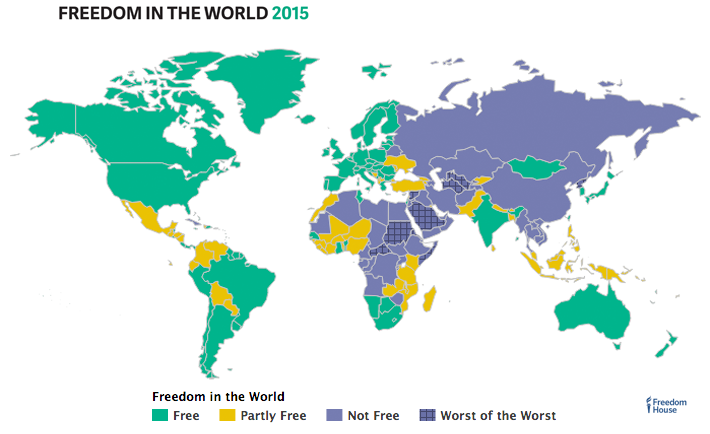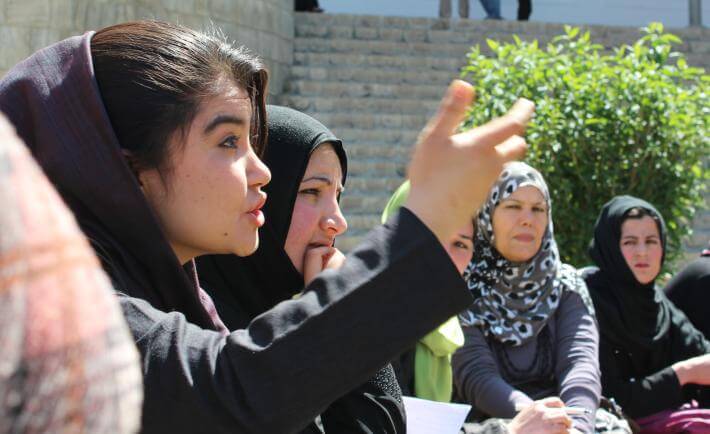Advances and reversals generally mark the trajectory of democratic development. But in the political history of Nicaragua over the last decade, there have been only reversals with next year’s elections likely to see the continued erosion of Nicaraguan democracy and consolidation of power by President Daniel Ortega and his Sandinista National Liberation Front (Frente Sandinista de Liberación Nacional - FSLN). But there are voices advocating for greater pluralism. Opposition political parties are small but vocal, and different elements of civil society have advocated for democratic reforms. While their efforts have not yet yielded results, the Nicaraguan government still has the opportunity to move toward greater transparency in the polls before next year's presidential elections.
Transparency Could Ease Decades-Long Democratic Erosion in Nicaragua
Protest Parties: What Does a Pirate or Anarcho-Surrealist Do After Being Elected?

Jon Gnarr, in his official capacity as mayor of Reykjavik, Iceland. Gnarr, a sketch comedian, was elected in 2009 on satirical platform of providing free towels at public pools, a polar bear at the zoo and a drug-free parliament by 2020.
In the last decade, a proliferation of anti-establishment parties in the Euro-Atlantic region has led to increased numbers of protest candidates elected to local, national and European office. Protest parties reject mainstream politics and incumbency, opting instead for sensational campaigns that often advocate for a single issue. Pirates in the UK or anarcho-surrealists in Iceland make for interesting debates, but what happens when candidates who reject a system become part of it? Recent examples show that citizens will vote for protest candidates to highlight “elephant-in-the-room” issues, but in the long run candidates need to be able to deliver on critical issues to maintain support.
Retreat or Revival: The State of Democracy in Asia
No single trend -- neither retreat nor revival -- defines the direction of democracy in Asia. We recently have seen a military coup, followed by a ban on political activity in Thailand; in Hong Kong, the government in Beijing has remained intransigent, insisting on its version of universal suffrage; and in Burma, progress toward political reform seems to have stalled as critical elections approach, although constitutional reform remains a possibility.
A Student's Guide to NDI.org and DemWorks.org
Through the website of the National Democratic Institute NDI website, NDI.org, students have access to handbooks on political participation, public opinion polls from many countries, a global elections calendar, and press releases and stories about the Institute’s work around the world. In the publications section students can search by country or topic, such as citizen participation, debate, technology and marginalized groups.
Nepal Earthquake: All NDI staff and immediate families safe and accounted for
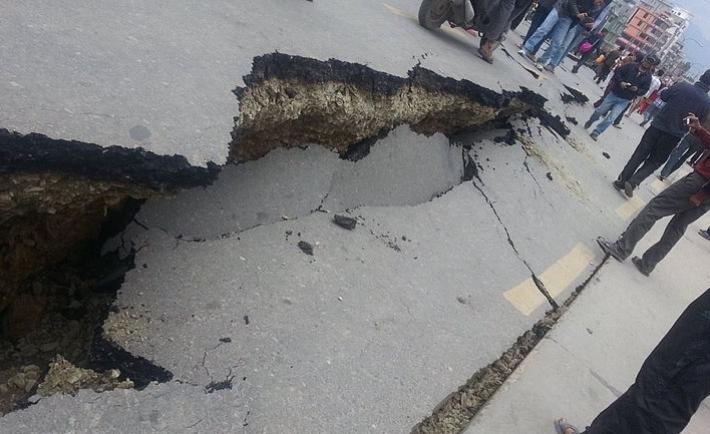
Road fractured after Nepal earthquake. Credit: Krish Dulal
All NDI Nepal staff and their immediate families are safe and accounted for. Currently, we have 20 national staff members, two resident international staff and their dependents, and two visiting international consultants in-country. At the time of the quake, many of our staff members were in Dhulikel – about an hour away from Kathmandu – conducting a training program with parliamentarians and political leaders.
Will there be a fourth democratic wave?
As the Cold War came to a close, renowned political scientist, professor and author, Francis Fukuyama, proclaimed the end of history. He said humankind had reached the endpoint of its “ideological evolution,” and Western liberal democracy had won out as the “final form of human government." At around the same time, another influential political scientist, Samuel P. Huntington wrote that the world was in the middle of a “third wave” of democratic expansion. But 23 years later, the third democratic wave has hit a wall. According to Larry Diamond, founding co-editor of the Journal of Democracy, the rapid democratic expansion, which began in the 1970s and continued until 2005, is now in recession.
Remembering Luis María Duarte
It has been a year since Luis María Duarte – a member of NDI’s 2014 Afghanistan election observation mission – was killed during a terrorist attack on the Serena Hotel in Kabul. Luis, from Asuncion, Paraguay, was a long-time member of NDI’s global community and had been part of the Institute’s election missions in several countries. Beloved as a colleague and friend by so many across the globe, his death was a tremendous shock and loss to the elections community worldwide.
Facing “Democratic Recession” Requires Democratic Resolve
Recent articles by Charles Lane in the Washington Post, Thomas Friedman in the New York Times and Larry Diamond in the Journal of Democracy agree that the lack of a significant increase in the number of democracies and the measured deterioration of freedoms since 2006 means we are in a global democratic recession. They agree that what the U.S. and other democracies do will make a difference in how the recession develops. In effect, they posit that democratic resolve is being tested – both concerning the state of domestic democracy and democracy's role in international affairs. They are right about that.
Welcome to the NDI Blog
I would like to be the first to welcome you to NDI’s new blog, DemocracyWorks. This platform is a place for NDI staff to share stories about the inspirational, exciting and demanding work of supporting democracy around the globe.

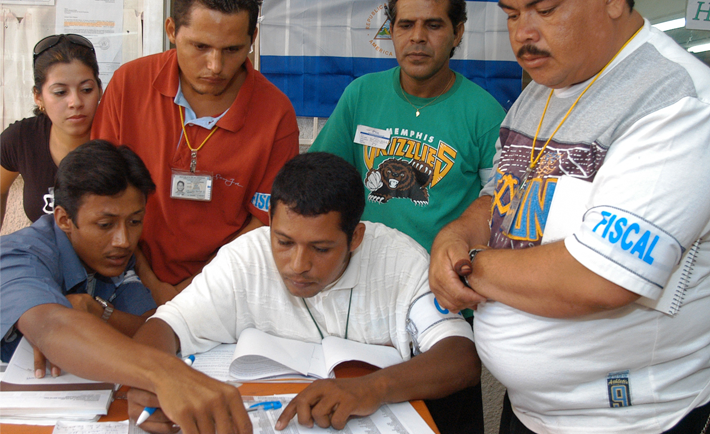
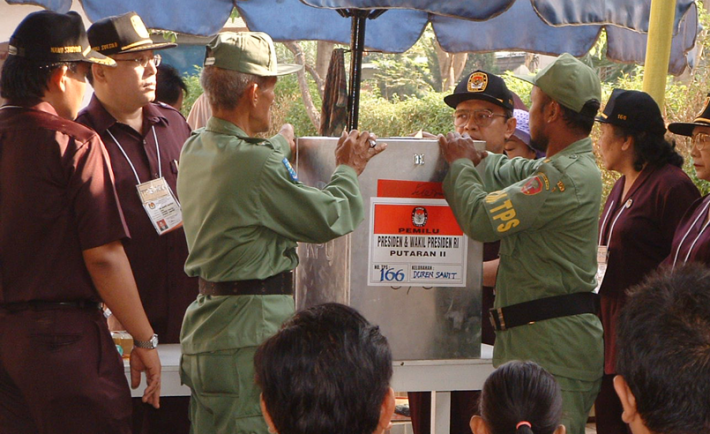

.jpg)

